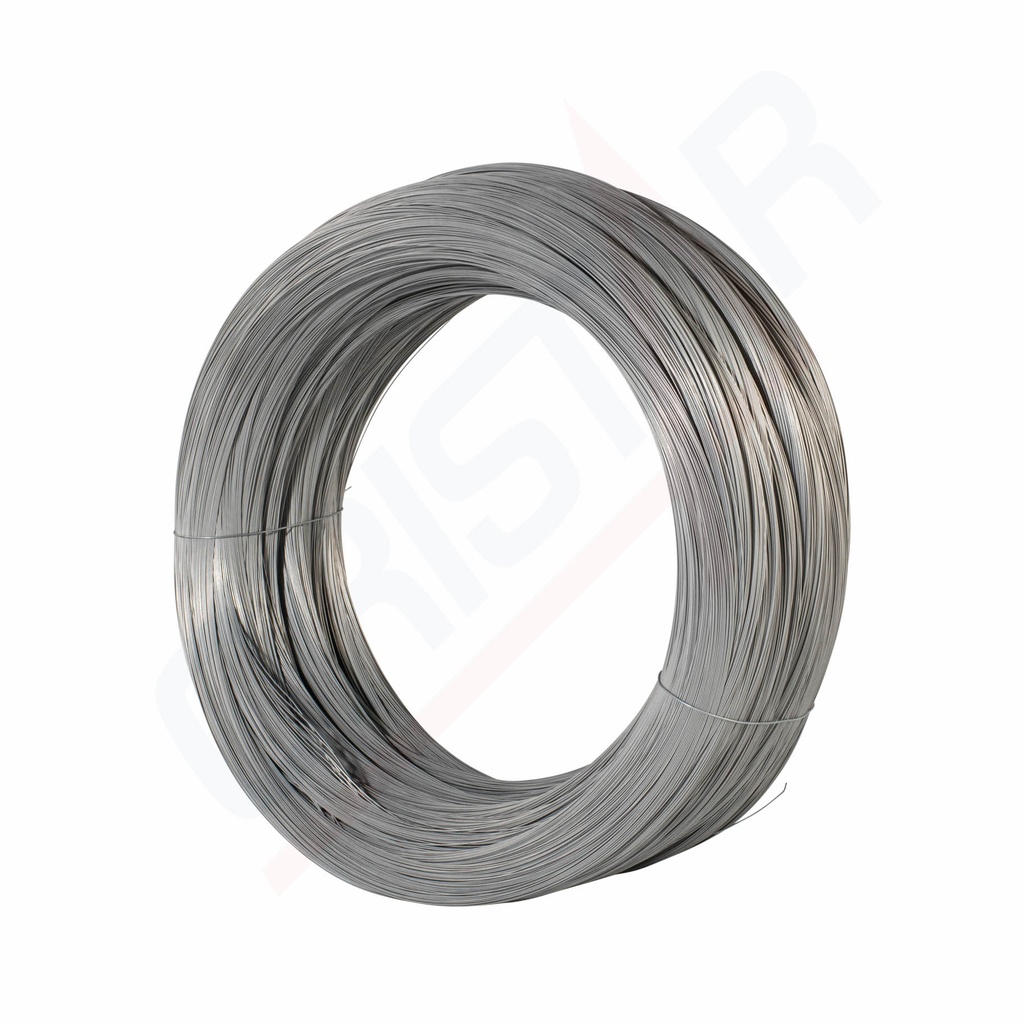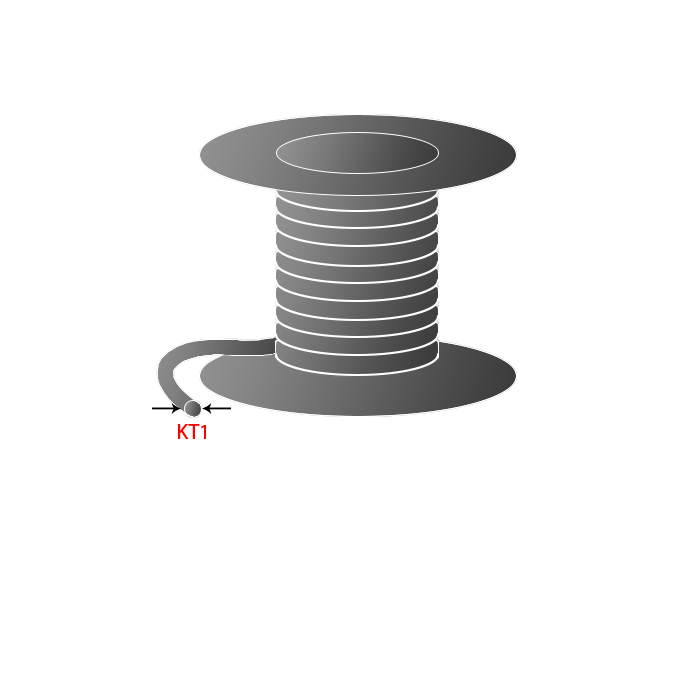THÔNG TIN CƠ BẢN
SWP-B Non-Alloy Steel is a high-carbon steel commonly used in the production of springs and applications requiring high elasticity. SWP-B (Spring Wire - Class B) has good hardness and tensile strength, making it a popular choice in the spring manufacturing industry and mechanical products requiring durability and high elasticity.
Key Characteristics of SWP-B Non-Alloy Steel:
- Chemical Composition:
- Carbon (C): Approximately 0.60% - 0.75%
- Manganese (Mn): Approximately 0.30% - 0.90%
- Silicon (Si): Approximately 0.10% - 0.35%
- Iron (Fe): The remainder
- Physical Properties:
- High Tensile Strength: SWP-B has high tensile strength, making it suitable for applications requiring good force resistance and durability.
- Good Hardness and Elasticity: Designed to have high hardness and elasticity, ideal for manufacturing springs and machine components.
- Heat and Wear Resistance: Exhibits good heat resistance and wear resistance, ensuring product longevity and performance under harsh conditions.
- Applications:
- Spring Manufacturing: Used in the production of various mechanical springs, tension springs, compression springs, and other types of springs in the industry.
- Precision Mechanics: Used in machine components requiring high elasticity and precision.
- Automotive Industry: Applied in automotive parts requiring durability and elasticity, such as suspension systems.
- Shape and Size:
- SWP-B steel is typically supplied in wire form, with different diameters depending on the specific application requirements.
Manufacturing and Processing:
- SWP-B steel is produced through the wire drawing process from high-carbon steel, followed by heat treatment to achieve the desired hardness and elasticity. This production process requires strict quality control to ensure the mechanical properties of the steel meet technical requirements.
(Source: Internet)
Key Characteristics of SWP-B Non-Alloy Steel:
- Chemical Composition:
- Carbon (C): Approximately 0.60% - 0.75%
- Manganese (Mn): Approximately 0.30% - 0.90%
- Silicon (Si): Approximately 0.10% - 0.35%
- Iron (Fe): The remainder
- Physical Properties:
- High Tensile Strength: SWP-B has high tensile strength, making it suitable for applications requiring good force resistance and durability.
- Good Hardness and Elasticity: Designed to have high hardness and elasticity, ideal for manufacturing springs and machine components.
- Heat and Wear Resistance: Exhibits good heat resistance and wear resistance, ensuring product longevity and performance under harsh conditions.
- Applications:
- Spring Manufacturing: Used in the production of various mechanical springs, tension springs, compression springs, and other types of springs in the industry.
- Precision Mechanics: Used in machine components requiring high elasticity and precision.
- Automotive Industry: Applied in automotive parts requiring durability and elasticity, such as suspension systems.
- Shape and Size:
- SWP-B steel is typically supplied in wire form, with different diameters depending on the specific application requirements.
Manufacturing and Processing:
- SWP-B steel is produced through the wire drawing process from high-carbon steel, followed by heat treatment to achieve the desired hardness and elasticity. This production process requires strict quality control to ensure the mechanical properties of the steel meet technical requirements.
(Source: Internet)



